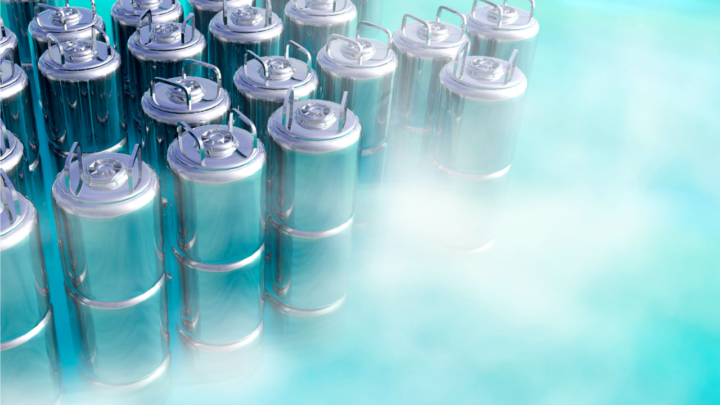Would you freeze your body? Clinic to offer Aussies a ‘second chance at life’

While there are myriad possible answers to the question, ‘What happens after we die?’, depending on the beliefs of those you ask, Australians could soon be able to take a second crack at living, with the launch of the country’s very first Cryonics facility.
The process involves the deceased being frozen at an extremely low temperature following death, in the hope that they will one day be able to be revived – however the promise of a potential second life doesn’t come cheap and will set you back around $150,000.
Speaking to The Weekend Australian Magazine, Cryonics pioneer Peter Tsolakides revealed people could remain frozen for “thousands of years” if their bodies are looked after properly, with the idea being they’ll lie in wait at a temperature of -196 degrees until science has evolved enough to bring them back.
“My estimation is that in 200 years’ time science will have advanced to the point where you can be revived,” Tsolakides said.
The 69-year-old founder of non-profit organisation Southern Cryonics, who will begin building Australia’s first facility of this kind in Holbrook, New South Wales, later this year, with Tsolakides predicting to have around four patients a year from the outset.
He added: “You’ll be in a young, fit body. That’s the point. In 200 years’ time, say, developments in cloning, AI, nanotechnology and robotics will enable whole new bodies to be created.”
Read more: New ‘deep freeze’ funerals could offer alternative to cremation
The first person to ever have their body cryopreserved after death was American professor James Bedford, whose body still remains frozen at the Alcor Life Extension Foundation in Scottsdale, Arizona.
While the facility in Australia is expected to offer only full body suspension, the Alcor clinic – which claims to be the world leader in its field – also allows patients to have only their heads frozen at a discounted cost, which is known as ‘neurocryopreservation’.
However the pseudoscience is not without its critics, with some questioning the science behind the process, while others have queried the effect that ‘living forever’ would have on future generations, potentially removing the need for humans to procreate.








 Proudly Australian owned and operated
Proudly Australian owned and operated